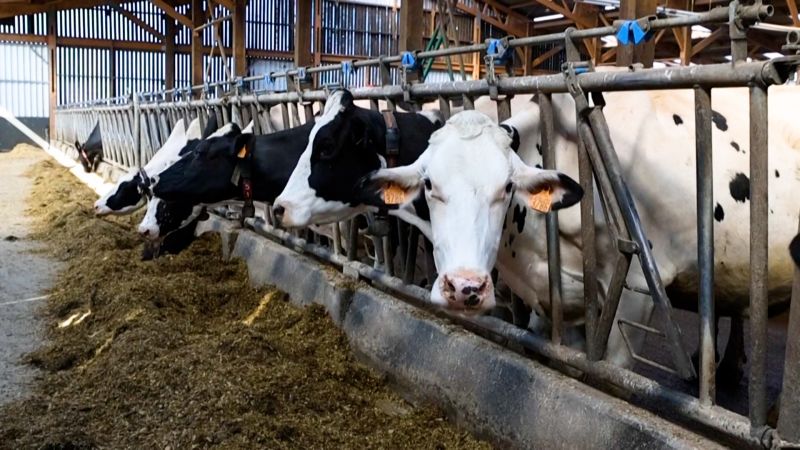Do French Cows Get Acupuncture? Find Out
The question might seem unusual, even comical: Do French cows get acupuncture? But the practice of using acupuncture on livestock, including cows, is gaining traction worldwide, and France is no exception. While not as widespread as other veterinary practices, the use of acupuncture in French bovine care is a growing field with interesting implications for animal welfare and agricultural efficiency. This article delves into the fascinating world of acupuncture for French cows, exploring its benefits, challenges, and the future of this alternative therapy.
The Rise of Acupuncture in Animal Care
Acupuncture, a cornerstone of Traditional Chinese Medicine (TCM), involves inserting thin needles into specific points on the body to stimulate energy flow and alleviate pain. While traditionally associated with human health, its application in veterinary medicine is increasingly recognized for its potential to treat various conditions in animals, including cows. Many veterinarians are now incorporating acupuncture into their practices, offering a holistic approach to animal health care.
Benefits of Acupuncture for Cows
The reported benefits of acupuncture for cows are numerous and encompass both physical and behavioral improvements:
- Pain Management: Acupuncture is effective in managing pain associated with musculoskeletal problems, such as lameness and arthritis, common issues in dairy and beef cattle.
- Reduced Inflammation: The stimulation of acupuncture points can reduce inflammation, accelerating the healing process of injuries and reducing discomfort.
- Improved Fertility: Some studies suggest that acupuncture may enhance fertility in cows by improving blood circulation to reproductive organs.
- Stress Reduction: Acupuncture can help reduce stress and anxiety in cows, leading to improved temperament and milk production in dairy cows.
- Improved Digestion: Certain acupuncture points are believed to stimulate digestive function, potentially aiding in resolving digestive issues.
Acupuncture in French Agriculture: Current Practices and Challenges
While the precise extent of acupuncture usage in French cattle farming isn't readily quantifiable through readily available data, anecdotal evidence and growing interest suggest its adoption is increasing. However, several factors pose challenges:
- Regulatory Framework: The regulatory landscape surrounding veterinary acupuncture in France, as in many countries, requires further clarification. Clear guidelines and standardized protocols are crucial for its safe and effective implementation.
- Veterinary Training: Specialized training for veterinarians in animal acupuncture is necessary. While some veterinary schools offer courses, broader integration into veterinary curricula is vital.
- Public Perception: Overcoming public skepticism and fostering a better understanding of the benefits of acupuncture for animals is crucial for wider acceptance.
The Future of Acupuncture in French Cow Care
The potential benefits of acupuncture for French cows are significant. As research continues and veterinary training expands, we can anticipate a broader adoption of this holistic therapy. This would contribute to improved animal welfare, potentially leading to increased productivity and a more sustainable agricultural practice. Further research into its efficacy, cost-effectiveness, and potential side effects is crucial to solidify its place in modern veterinary care.
Conclusion: More Than Just a "Moo"-Point
The question, "Do French cows get acupuncture?" is no longer simply a curiosity. The answer is a growing "yes," although the practice is still developing. As the benefits become more understood and the regulatory landscape evolves, acupuncture's role in French bovine healthcare is poised for significant growth. This represents a progressive approach to animal welfare and a testament to the evolving field of veterinary medicine. To stay updated on the latest advancements in animal acupuncture, follow reputable veterinary journals and organizations focused on animal welfare.
